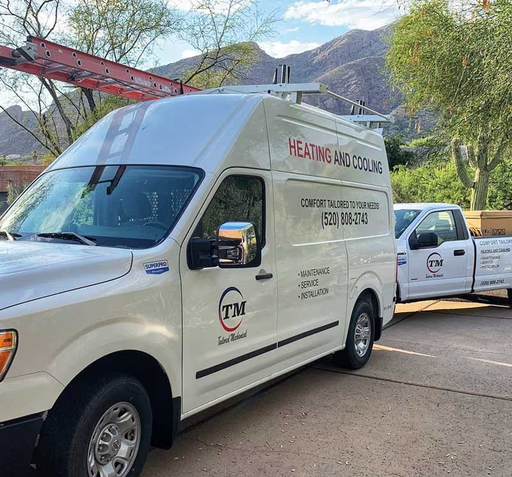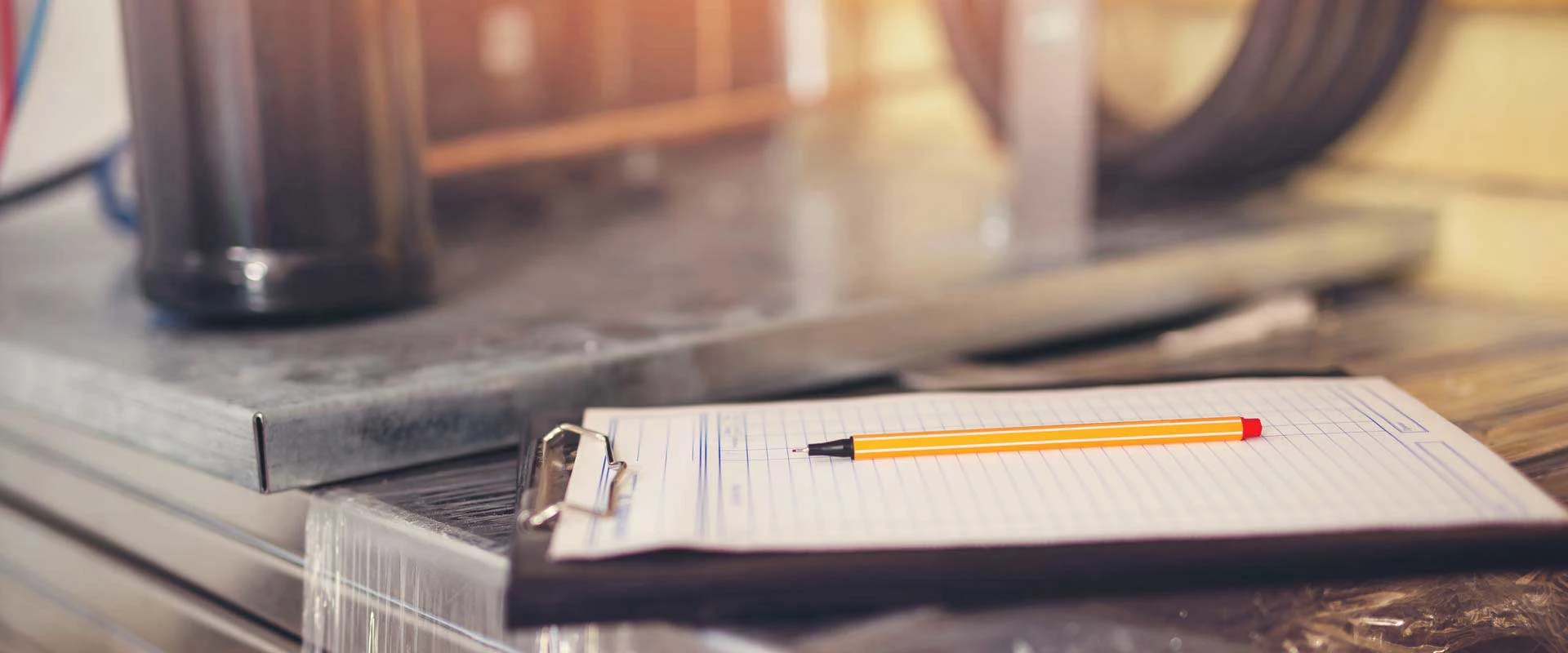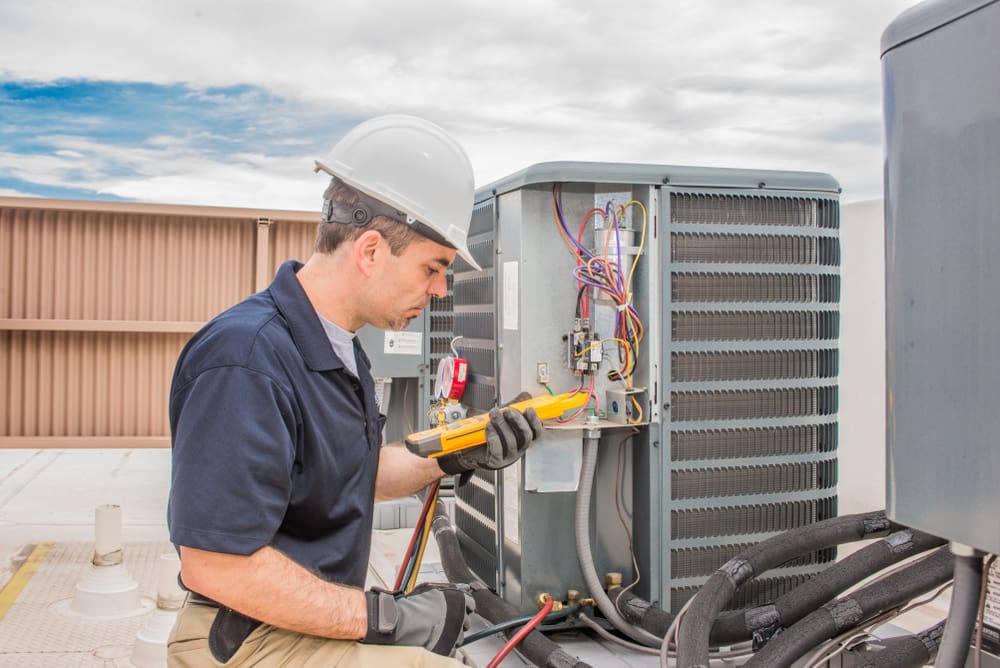Air conditioning units are marvels of modern engineering, providing comfort during scorching summer days. However, when your air conditioner starts making unusual noises, it can leave you feeling uneasy about its performance and longevity. Understanding the implications of these sounds is crucial for maintaining your system and ensuring it operates efficiently. This article delves into common noises emitted by air conditioning units and what they might indicate about the condition of your system.
The Importance of Listening
Many homeowners underestimate the importance of paying attention to their AC unit's sounds. The HVAC system is designed to operate silently in the background, so any deviation from its usual hum should prompt investigation. Ignoring these signals can lead to larger issues down the line, potentially resulting in costly repairs or replacements.
When your air conditioner begins to make unexpected noises, it serves as a call to action. A small noise could indicate a minor issue that is easily addressed, while a loud or persistent sound may signal a more serious problem requiring professional intervention.

Common Noises and Their Implications
Banging
If you hear a banging noise coming from your AC unit, it is essential to address it promptly. This sound often indicates that internal components are loose or broken. For instance, if the fan blades have become detached or if a motor mount has loosened over time, you may experience this alarming sound. The result could be damage not only to the noisy component but also to surrounding parts if left unattended.
In some cases, banging can also signify that something is obstructing the fan's movement, leading to additional strain on the motor and potentially causing further issues down the line. If you notice this noise consistently, reaching out for professional AC repair in Tucson is Ac repair in Tucson advisable before other components begin to fail.
Hissing
A hissing sound may suggest two primary issues: refrigerant leaks or airflow problems. If there is a refrigerant leak within your system, it will not only impair cooling efficiency but can also be harmful to both people and pets due to its chemical makeup.
On the other hand, hissing could point towards airflow restrictions caused by dirty filters or blocked ducts. When airflow is compromised, it places extra stress on your unit and can lead to more significant issues over time. Regular maintenance checks can help mitigate these risks and keep your unit functioning Ac repair in Tucson tailoredmechanical.com smoothly.

Clicking
A clicking noise may manifest during start-up cycles or when the compressor engages. Initially harmless, if this sound becomes frequent or persistent, it could indicate electrical issues such as failing relays or contactors within the system.
Another possibility involves debris obstructing moving parts like fans or motors; in such cases, addressing this promptly will save you headaches later on. If clicking persists beyond initial start-up phases, consulting with an HVAC technician for thorough examination would be wise.
Rattling
Rattling noises typically arise from loose panels or screws within your AC unit. Over time, vibrations can cause these components to loosen up, leading them to rattle together during operation.
However, rattling can also signify more severe problems such as damaged internal components like compressors or fans that require immediate attention. If tightening screws does not resolve this issue quickly enough for comfort levels at home—consider calling professionals who specialize in AC repair in Tucson for a comprehensive assessment.
High-Pitched Whistling
Whistling sounds often suggest an issue with ductwork — specifically that there are leaks present somewhere along its length causing air pressure changes within those channels which create high-pitched tones escaping from gaps between joints where ducts meet each other.
These leaks reduce overall efficiency by forcing units into overdrive trying unsuccessfully keeping up with temperature demands resulting in increased energy bills along with reduced comfort levels indoors! Addressing ductwork issues promptly ensures consistent temperatures throughout living spaces without wasting energy unnecessarily!
Diagnosing Noise Issues: DIY Considerations
Before reaching out for professional assistance regarding unusual sounds from your AC unit—there are several steps you might consider taking yourself first:
Inspect Filters: Dirty filters can lead not only to decreased airflow but also strange noises associated with restricted movement inside systems.

Tighten Loose Parts: Give all accessible screws and panels a quick check; sometimes simple adjustments do wonders!
Clear Debris: Examine outdoor units for leaves or debris blocking vents which might contribute unwanted sounds during operation.
Observe Frequency: Take note of how often these noises occur – if they happen regularly under specific conditions (like startup), documenting them may aid technicians during diagnostics later on!
Evaluate Temperature Changes: Consider whether temperatures around home fluctuate unusually compared previous seasons; sudden drops/increases could be correlated with underlying mechanical failures too!
While some maintenance tasks fall squarely within homeowner capabilities—it’s essential always knowing when expert intervention becomes necessary especially given complexities surrounding HVAC systems overall!
When To Call In The Professionals
Recognizing when it's time for professional help is crucial because certain problems cannot be fixed through simple DIY approaches alone! If after performing initial checks described above still results persist longer than expected without resolution—calling skilled technicians specializing in AC repair in Tucson becomes imperative!
Several indicators suggest seeking outside guidance sooner rather than later include:
- Persistent unusual noises despite troubleshooting efforts. Significant drops in cooling efficiency even after changing filters. An uptick in energy bills correlating directly with abnormal sounds emerging. Any signs of leakage observed around indoor/outdoor units requiring immediate attention before structural damage occurs within property itself!
Calling reliable experts ensures proper diagnosis alongside effective solutions tailored specifically toward individual needs ensuring everything remains functioning efficiently year-round regardless external weather conditions!
Preventative Measures Moving Forward
Taking proactive steps enhances overall lifespan while minimizing chances encountering unexpected surprises down road! Some straightforward preventative measures include:
- Scheduling annual maintenance check-ups well ahead peak usage times (spring/summer). Regularly replacing filters every one-three months depending upon household factors (pets/allergies). Ensuring proper insulation around ducts prevents unnecessary pressure loss leading inefficient operations throughout entire system setup! Educating family members about basic HVAC functionality helps promote understanding potential warning signs early enough seeking timely resolutions before small issues escalate into major repairs required later on down line!
By implementing these preventative practices alongside remaining vigilant observing how equipment responds throughout different seasons—you'll cultivate long-lasting relationships both home comfort products along service providers dedicated delivering quality solutions whenever needed most!
Through attentive care combined knowledgeable insights gathered here today—you're well-equipped navigate challenges presented by unusual noises originating from beloved air conditioning units successfully!